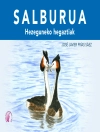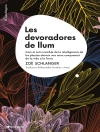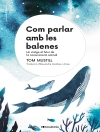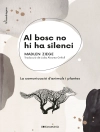Posthumously published in 1864, The Maine Woods depicts Henry David Thoreau’s experiences in the forests of Maine, and expands on the author’s transcendental theories on the relation of humanity to Nature. On Mount Katahdin, he faces a primal, untamed Nature. Katahdin is a place “not even scarred by man, but it was a specimen of what God saw fit to make this world.” In Maine he comes in contact with “rocks, trees, wind and solid earth” as though he were witness to the creation itself. Of equal importance, The Maine Woods depicts Thoreau’s contact with the American Indians and depicts his tribal education of learning the language, customs, and mores of the Penobscot people. Thoreau attempts to learn and speak the Abenaki language and becomes fascinated with its direct translation of natural phenomena as in the word sebamook—a river estuary that never
loses its water despite having an outlet because it also has an inlet. The Maine Woods illustrates the author’s deeper understanding of the complexities of the primal wilderness of
uplifted rocky summits in Maine and provides the reader with the pungent aroma of balsam firs, black spruce, mosses, and ferns as only Thoreau could. This new, redesigned edition features an insightful foreword by Thoreau scholar Richard F. Fleck.
表中的内容
FOREWORD:
“DEEP IN THE WOODS WITH
HENRY THOREAU” by Richard F. Fleck
INTRODUCTORY NOTE
KTAADN
CHESUNCOOK
THE ALLEOASH AND EAST BRANCH
APPENDIX
I. Trees
II. Flowers and Shrubs
III. List of Plants
IV. List of Birds
V. Quadrupeds
VI. Outfit for an Excursion
VII. A List of Indian Words
关于作者
Foreword writer Richard F. Fleck is author of many books including Henry Thoreau and John Muir Among the Indians, editor of John Muir’s Mountaineering Essays, A Colorado River Reader, which was selected by the National Endowment for the Humanities to be the reader for seven states project 2001-2. He contributed a biography of John
Burroughs for the Encyclopedia of New York State. Fleck is also the author of numerous introductions to trade paperback editions including Henry David Thoreau’s Maine Woods, John Muir’s Our National Parks, and Samuel Hall Young’s Alaska Days with John Muir.












